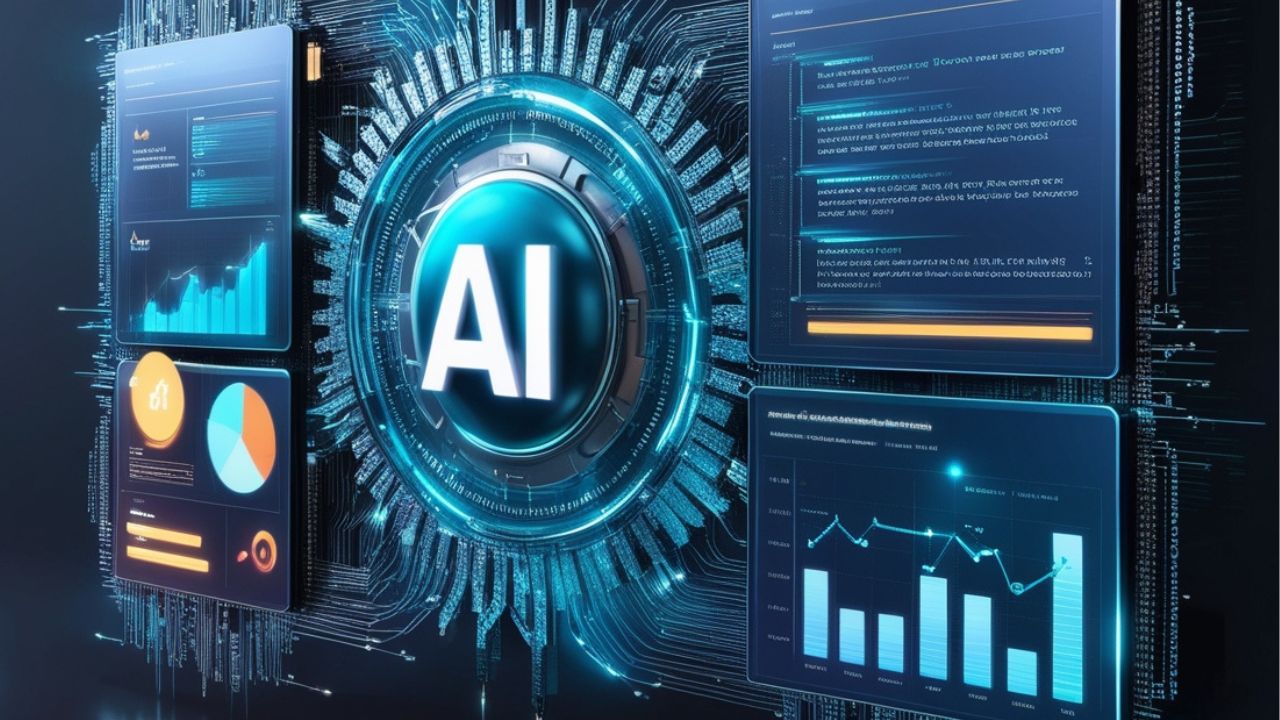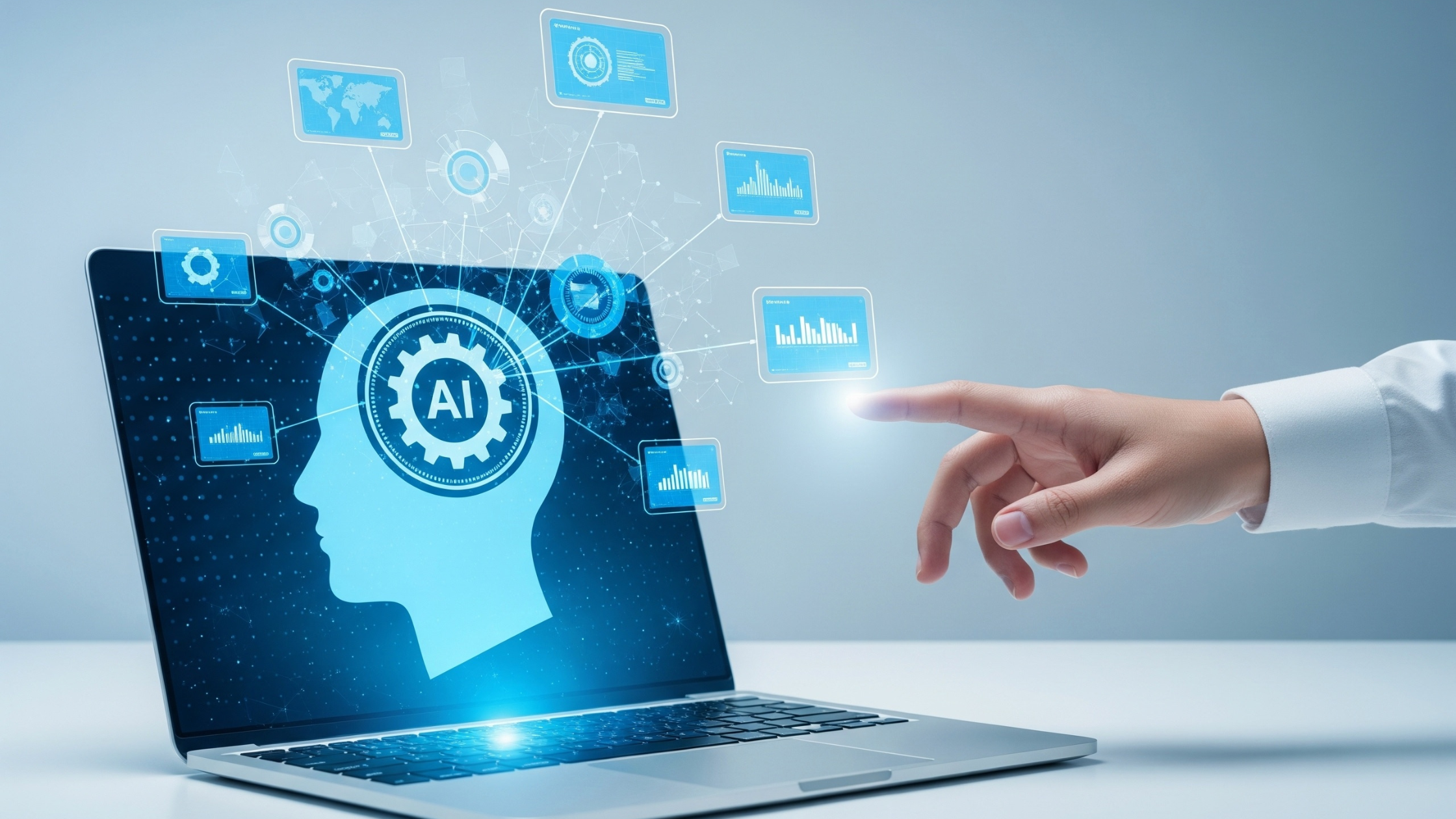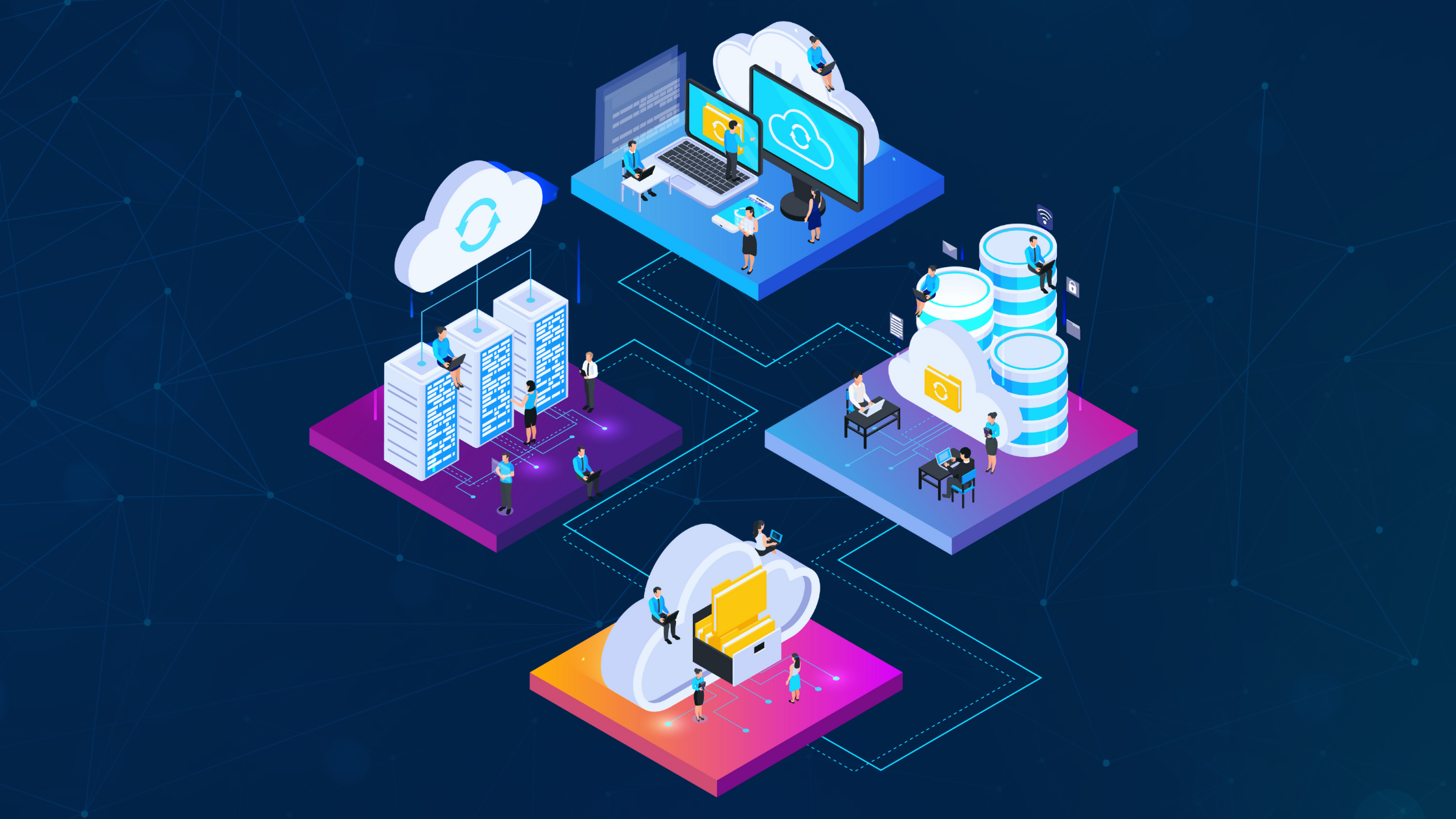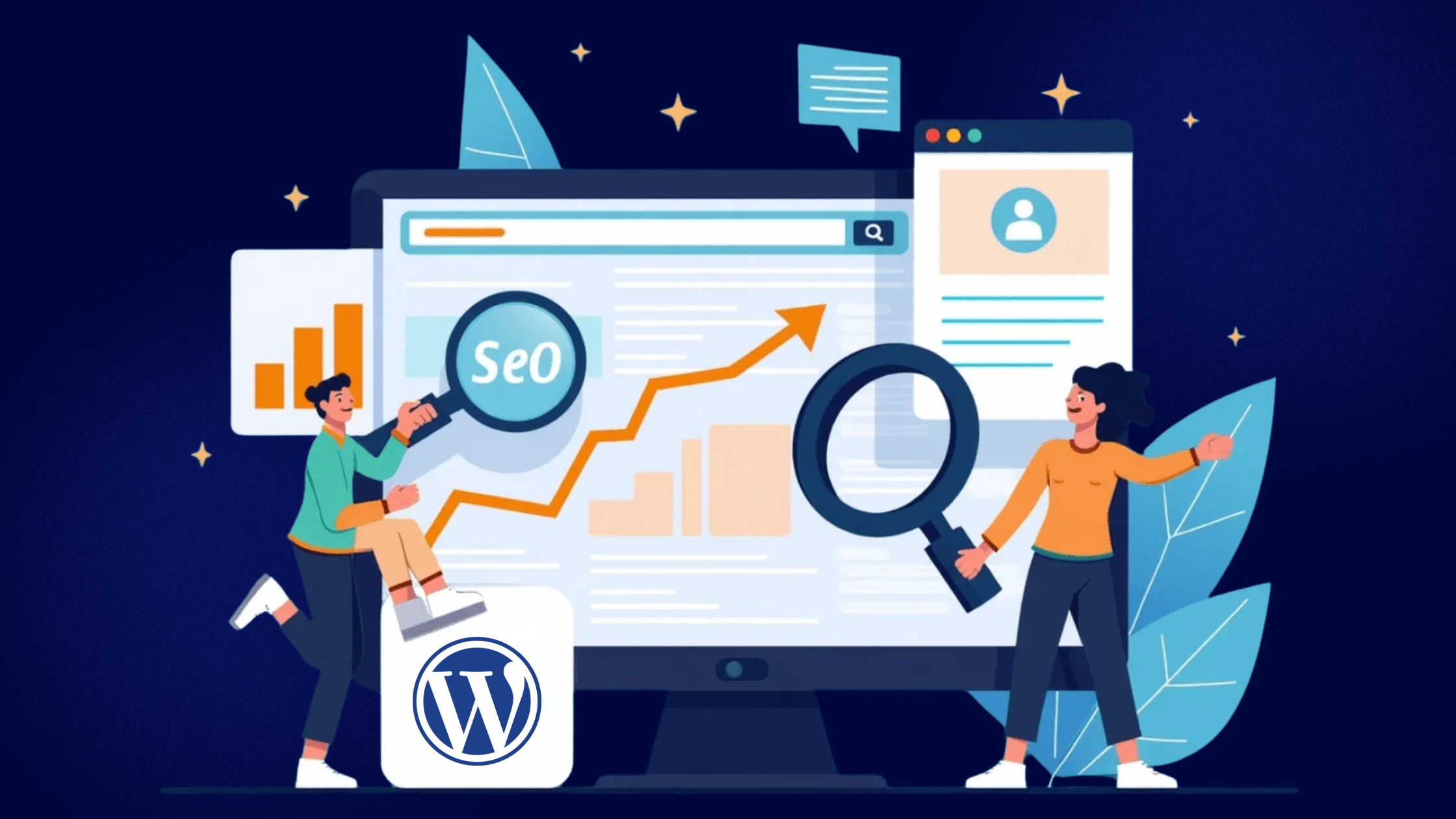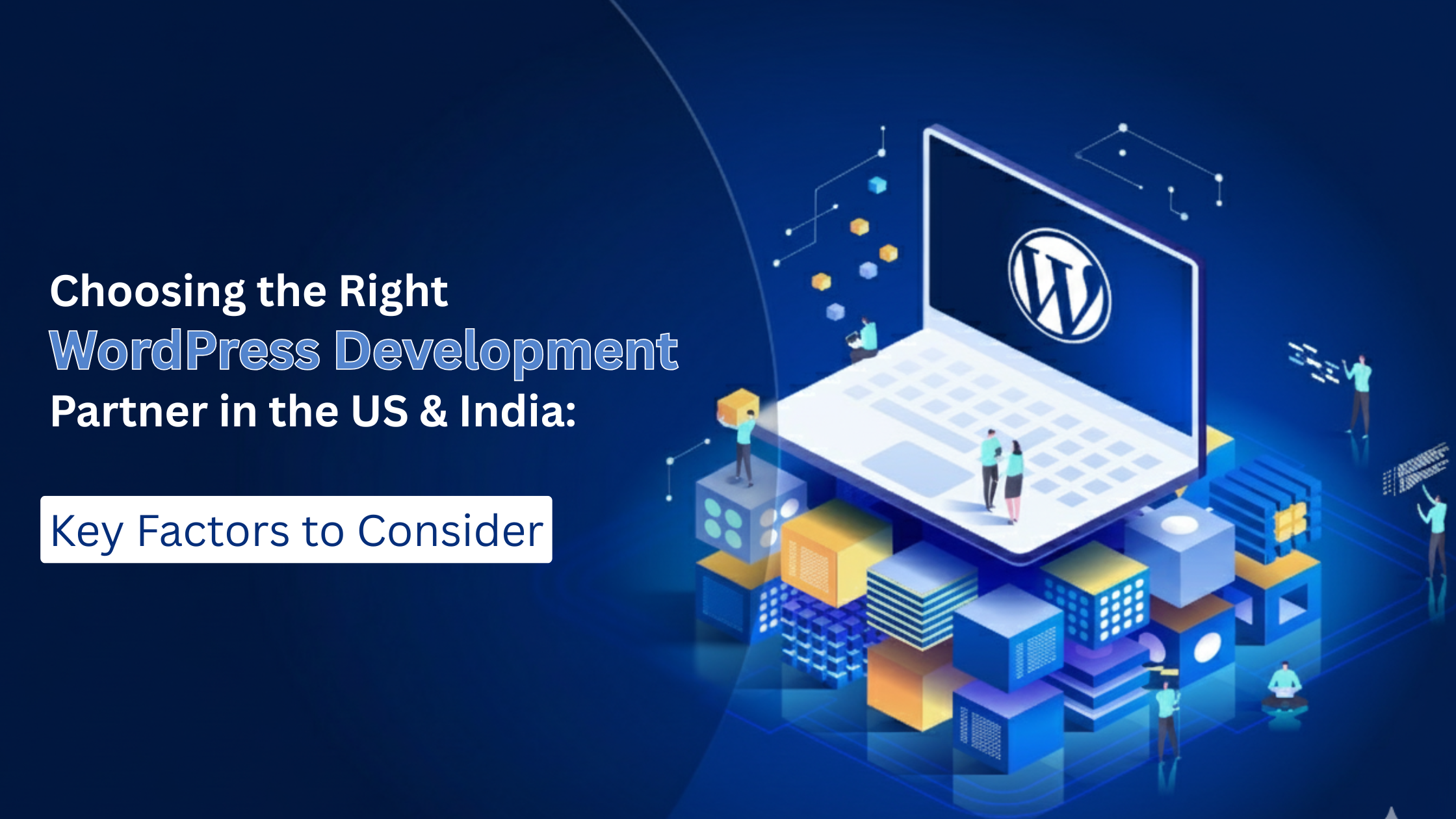Artificial Intelligence (AI) is revolutionizing industries across the board, and digital marketing is no exception. As AI technologies continue advancing, they are reshaping how marketers approach strategy, customer engagement, and data analysis. This blog post explores the profound impact of AI on digital marketing and how it’s transforming the landscape for businesses and consumers alike.
1. Enhanced Personalization
One of the most significant impacts of AI on digital marketing is the ability to deliver highly personalized experiences to customers. AI algorithms can analyze vast amounts of data to understand individual preferences, behaviors, and purchase patterns. This enables marketers to:
– Tailor content recommendations
– Personalize email marketing campaigns
– Customize product suggestions
– Deliver targeted ads
By leveraging AI for personalization, businesses can significantly improve customer engagement, satisfaction, and ultimately, conversion rates.
2. Predictive Analytics and Customer Insights
AI-powered predictive analytics tools are giving marketers unprecedented insights into customer behavior and market trends. These tools can:
– Forecast customer lifetime value
– Predict churn rates
– Identify potential leads
– Anticipate market trends
With these insights, marketers can make data-driven decisions, allocate resources more effectively, and develop strategies that are more likely to succeed.
3. Chatbots and Conversational AI
AI-powered chatbots and virtual assistants are transforming customer service and engagement in digital marketing. These tools can:
– Provide 24/7 customer support
– Answer frequently asked questions
– Guide customers through the sales funnel
– Collect valuable customer data
Chatbots not only improve customer experience by providing instant responses but also free up human resources for more complex tasks.
4. Content Creation and Curation
AI is making significant strides in content creation and curation. While it’s not replacing human creativity, AI tools can:
– Generate data-driven content like financial reports or sports recaps
– Suggest topics based on trending searches and user interests
– Optimize content for search engines
– Personalize content for different audience segments
These capabilities allow marketers to produce more relevant, timely content at scale, improving both quantity and quality of content marketing efforts.
5. Programmatic Advertising
AI is revolutionizing the way digital ads are bought and placed. Programmatic advertising uses AI to automate the ad buying process, allowing for:
– Real-time bidding on ad inventory
– Dynamic ad placement based on user behavior
– Optimization of ad spend across channels
– Improved targeting and retargeting
This results in more efficient ad campaigns, better ROI, and reduced wasted ad spend.
6. Voice Search Optimization
With the rise of voice-activated devices and virtual assistants, AI is changing how consumers search for information. This shift is prompting marketers to:
– Optimize content for natural language queries
– Focus on long-tail keywords and question-based phrases
– Develop voice-activated content and skills for platforms like Alexa or Google Home
Adapting to voice search is crucial for maintaining visibility in an increasingly voice-driven digital landscape.
7. Improved Marketing ROI
AI’s ability to analyze data, automate processes, and optimize campaigns in real-time is leading to significant improvements in marketing ROI. AI can:
– Identify the most effective marketing channels
– Optimize ad spend in real-time
– Automate A/B testing at scale
– Predict campaign performance
These capabilities allow marketers to allocate budgets more effectively and achieve better results from their marketing efforts.
8. Enhanced Email Marketing
AI is breathing new life into email marketing by enabling:
– Predictive personalization of email content
– Optimal send time prediction for individual recipients
– Dynamic content that updates based on user behavior or external factors
– Automated A/B testing of subject lines and content
These AI-driven improvements are helping to increase open rates, click-through rates, and overall engagement with email campaigns.
9. Image and Video Recognition
AI-powered image and video recognition technologies are opening up new possibilities for visual content in digital marketing. These tools can:
– Automatically tag and categorize visual content
– Identify brand logos or products in user-generated content
– Analyze sentiment in images and videos
– Enable visual search capabilities
These features allow for better organization and utilization of visual assets, as well as new ways for consumers to interact with brands.
10. Fraud Detection and Prevention
AI is playing a crucial role in detecting and preventing ad fraud, a significant concern in digital marketing. AI systems can:
– Identify suspicious patterns in ad interactions
– Detect bot traffic and fake accounts
– Prevent click fraud in pay-per-click campaigns
– Ensure ad viewability
By combating fraud, AI helps ensure that marketing budgets are spent on reaching real, engaged audiences.
11. Customer Segmentation and Targeting
AI algorithms can analyze customer data to create more accurate and granular customer segments. This enables marketers to:
– Develop highly targeted marketing campaigns
– Identify niche markets and micro-segments
– Predict customer behavior within specific segments
– Personalize messaging for each segment
More precise segmentation leads to more effective marketing strategies and improved customer experiences.
12. Augmented and Virtual Reality Marketing
As AI continues to advance, it’s enabling more sophisticated augmented reality (AR) and virtual reality (VR) experiences in marketing. AI can:
– Power realistic virtual try-on experiences for products
– Create personalized virtual shopping environments
– Enable interactive AR-enhanced advertisements
– Analyze user interactions with AR/VR content for insights
These immersive technologies, enhanced by AI, are creating new ways for brands to engage with customers and showcase products.
13. Automated Reporting and Insights
AI is streamlining the process of generating marketing reports and extracting actionable insights. AI-powered tools can:
– Automatically compile data from multiple sources
– Generate natural language summaries of marketing performance
– Identify trends and anomalies in data
– Suggest actionable recommendations based on data analysis
This automation saves time for marketers and ensures that important insights aren’t overlooked.
Challenges and Considerations
While the impact of AI on digital marketing is largely positive, it’s important to consider some challenges:
– Data Privacy Concerns: As AI relies heavily on data, marketers must be mindful of data privacy regulations and ethical considerations.
– Need for Human Oversight: While AI can automate many tasks, human creativity and strategic thinking remain crucial in marketing.
– Technology Adoption and Integration: Implementing AI solutions can be complex and may require significant investment and organizational changes.
– Potential for Bias: AI systems can perpetuate biases present in their training data, requiring careful monitoring and correction.
Conclusion
Artificial Intelligence is undeniably transforming the landscape of digital marketing. From enhancing personalization and improving customer insights to automating processes and enabling new technologies, AI is empowering marketers to be more efficient, effective, and innovative in their approaches.
As AI continues to evolve, it will likely bring even more transformative changes to digital marketing. Marketers who embrace these technologies and learn to leverage them effectively will be well-positioned to succeed in an increasingly AI-driven digital world.
However, it’s important to remember that while AI is a powerful tool, it should augment rather than replace human creativity and strategic thinking. The most successful digital marketing strategies will be those that find the right balance between AI-driven efficiency and human-led innovation.
As we move forward, staying informed about AI advancements and continuously adapting strategies will be crucial for marketers looking to stay ahead in the ever-evolving digital marketing landscape.

